|
"Never place a period where God has placed a comma." – Grace Allen
This was the key quote in my recent sermon titled “Comma Faith.” Gracie Allen left this note for her surviving spouse, George Burns, to discover after her death. George was 68 when Gracie died. She wanted him to live on and indeed he did live on, vitally, for another 32 years. I've gotten several positive comments about this sermon so I'd like to share a little further about the importance of this image, this metaphor, this understanding of faith in the United Church of Christ. A comma faith is important for the necessary evolution of faith and for the persistence of hope in the face of the difficult. While it's not exclusive to the UCC, a comma faith is essential to our evolution and we have at times excelled in it (as well as failed). I believe this comma faith is the reason that we have on many occasions been able to see, as John Robinson told his Pilgrim followers in 1620 before they sailed to North America, that “God has yet more light and truth to break forth from God's holy word.” So the UCC and its ancestors of faith have been first in many important moments of social and theological evolution, enough times that I couldn't read them all during the sermon. (Read the list here.) I value this greatly in the UCC. And a comma faith is also important during times like these of great anxiety and foreboding, whether in our personal lives or our shared life as a church, nation, or world. Here’s one experience of mine where I learned the value of a comma faith. I can still remember at age 30 (the most difficult year in my life) where I wasn't sure if I could go on living. I was divorced, living alone, driving a beater car, working menial jobs (despite two masters degrees), and feeling very lost and disappointed. Yet, somehow, a message of faith that I had shared with others as a hospital chaplain intern came through to me: to keep a flicker of a hope that someday I might have hope again. That's all I had, the hope of hope someday. I wonder how the caterpillar finds a comma faith as it moves into the chrysalis, trusting life through such a profound loss of its familiar and known form to emerge as a butterfly. Still learning this kind of faith,...... JT The first week of July, Mike and I took eight Plymouth students – joined by ten students & leaders from Greeley First Congregational – to the Rosebud Reservation in South Dakota. We partnered with the local Episcopal Mission, working hard for three hot days to help out around the Bishop Hare Center and a church in Parmelee. There was plenty to learn from the Lakota people who graciously spent time with us. We heard the truth of the way our government continues to mistreat and neglect the indigenous people of the land we live on. Hospitals on the reservation are naval hospitals, a subtle oppressive reminder. Due to the General Crimes Act, native law enforcement often loses their jurisdiction to the FBI. We heard stories about General Custer, Sitting Bull, and Spotted Tail. A man named Nico played traditional drum songs, teaching us about native music and prayer. The students learned to make fry bread from Rich Brokenleg. And it was delicious. We spent the first couple days cleaning up around our home base, the Bishop Hare Center. A house on the property had some pipes burst, so we moved out several years’ worth of furniture and belongings left behind by the intentional community that lived there. We did some yard work, reorganized a tool shed, and sorted old scrap wood. On the last day, we cleaned up the Church of the Holy Innocents in Parmelee after it had been broken into. A grocery store owner came by with a box full of popsicles to thank the students for their work. The trip was full of hard work and good learning, but we also had tons of fun. We played some typical youth group games, pet lots of rez dogs, got some ice cream, played kickball, and spent time getting to connect with each other. More than anything, I love to see our students building relationships with each other and with students from other progressive churches. So, while the week was exhausting, I was totally in my element. On a personal level, I was struck by two things. First, the Rosebud Episcopal Mission needs our help. I am excited to go again, and I am grateful for this partnership. Second, God is experienced across cultures and across history. God transcends all our human-made boundaries. As a seminary student, this is an idea I have encountered in my studies before. But on the reservation, with the Lakota people, I got to see it for myself. I will be carrying all of this with me for a long time, and I am so grateful that our Plymouth community gave us this opportunity. ] Brooklyn AuthorBrooklyn is Plymouth's Director of Christian Formation for Children & Youth. Brooklyn has served in local church and student ministries for the past several years. A native of northern Colorado, Brooklyn has professional experience leading in worship, youth, and children’s programs. Read her full bio here. Sabbath is one of the key concepts of Judaism and Christianity. Though we don’t do a very good job observing it, when I was a kid growing up in Connecticut, stores were closed on Sunday (except for pharmacies, one of which was open for emergencies) and you certainly couldn't buy alcohol. Now, everything is available if not instantly, then with free two-day delivery. Yet, we all need to rest regularly for the health of our bodies, minds, and spirits. I am grateful that part of my covenant with Plymouth includes a sabbatical every five years. On my first sabbatical, I received a $40,000 grant from the Lilly Endowment, part of which paid our interim staff and brought John Bell and John Philip Newell to Plymouth, laying the ground for our Visiting Scholar program. Our two Celtic Christian spirituality classes and the big Celtic cross in our Memorial Garden are also results of that sabbatical journey. This sabbatical will be a bit different for me. The first phase is going to involve doing some physical rehabilitation. I’m about nine months into a yearlong course of medical treatment for prostate cancer, and it has taken a toll on my body, mostly muscle tone. I’m a month out from knee replacement, and while I’m walking reasonably well, I’m not going very far yet. Physical therapy and exercise are the order of the day. Frankly, the last five years have been trying times for our family with deaths in Jane Anne’s family, two more rounds of cancer treatment, trying to lead Plymouth through the Covid jungle, and a couple of challenging years as head of staff. I’m going to spend some of the time doing some spiritual renewal as well, including a trip to Ring Lake Ranch, where I serve on the board of directors. Sabbatical is also going to entail spending time with my sons, Cam and Chris. Later in the month, we are going to reprise one of the things we loved doing while they were growing up: going to museums in Denver and then going out for Dim Sum. Reconnecting with family has always been a joyful part of my sabbatical. One thing you may not realize about parish clergy is that we spend a lot of evenings away from our families and don’t get three-day weekends…when lots of parents connect with their children. (The photo above is from my 2008 sabbatical when the boys were with me in Scotland.) Jane Anne and I had reservations all ready to go for a trip to Italy in 2020. And you know what happened that year! So, I’ll be heading to Italy in September, starting in the north and working my way southward, visiting and researching paleo-Christian sites. (You’ll be able to follow along on this part of my sabbatical journey by visiting halsabbatical.com — and you can read entries from my past sabbaticals there as well.) Cameron will join me for the first two weeks as we travel from Verona, Padua, and Venice. Then, I’ll visit Aquileia (a major Christian site literally demolished by Attila the Hun) and study early Christian mosaics in Ravenna. Time in Tuscany and then a visit to the earliest churches in Rome will round out my time alone. (We also need some new Christmas Eve bulletin cover photos!) Jane Anne will join me in Rome for visits to Ostia Antica, Rome’s ancient port, Naples, Herculaneum, and the early Christian site at Nola. I can’t wait! I also want to let you know that you are in good hands while I’m away. Jane Anne and JT will be serving full-time through August 15, when Ron Patterson will return as half-time sabbatical interim. At that point, Jane Anne will drop back to part-time. We have the most cohesive staff team we have had in my 20 years at Plymouth. Every member sees their ministry with you not simply as a job but as a calling. I am grateful to all of them for doing phenomenal work. Please support them! As we acknowledged in our litany yesterday, I will keep you in my prayers, and I ask that you keep me in yours as well. Blessings! P.S. Did you know that Milan was founded by the Celts? They were everywhere!
P.P.S. I tested positive for COVID this morning (Tuesday, 7/12). I am doing fine with moderate symptoms. Jane Anne is still testing negative. I feel badly that I was among you at lunch on Sunday - though we were outside which I hope is a gift! And I hope none of you get COVID from being with me! By the way, thanks again for Sunday! What a joyous send-off and celebration of my 20 years with you. I am very blessed to serve among the Beloved Community of Plymouth. 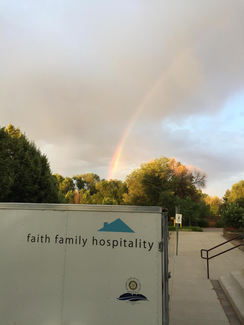 When Scott Houser first began talking about Faith Family Hospitality (FFH), it seemed like an enormous endeavor! Hosting four families for a week required a team of at least 60 volunteers. They would provide dinner every night, be present with the families during the evening hours, and spend the night with them in the church. In addition, there was set-up and clean-up of the rooms (including cleaning bathrooms), laundry to do, and breakfast/lunch supplies to provide. Heart of the Rockies Christian Church had been hosting for some time and needed a partner. Scott’s enthusiastic and faith-filled presence made all of this seem possible. In the early years we traded sites, hosting one time at HRCC and the next at Plymouth. It became evident that Plymouth was blessed with more space and even showers, so we shifted to hosting at Plymouth on a regular basis, with HRCC providing active and faithful partnership. The two of us started by cooking and serving a meal one night of the week. We then took on the evening host role. In those years, we were able to play games with the kids, engage them in crafts, and chat with the families. Now with COVID in the picture, we are trying to be as flexible as we can be. We eventually got up the courage to spend the night with the families. Although this seemed daunting, we found it quite easy. There are sometimes emergencies that come up, but those are rare, and there is a well-defined “who to call” list. These times gave us more opportunities to connect with families, either in the evening as they were settling in for the night or in the morning, as they were grabbing coffee and something for breakfast or lunch. Although we are trained to be sensitive to people’s privacy and not ask too many questions, casual conversations have helped us see the many circumstances that bring families to where they are and their courage and good humor in dealing with their situation. We have been particularly impressed with how these parents, often single parents, work to make this stressful and uncertain situation as comfortable and secure for their kids as possible. In the last several years, FFH has become the “overnight program” part of Family Housing Network (FHN): a network of programs that support families experiencing homelessness. We are particularly impressed with the case management and counseling provided to the families, helping them discover and take the steps needed to get back into sustainable housing. Our hearts are warmed, knowing that the hospitality we provide is giving these families the breathing room to work out their path forward. In 2021, FHN achieved an 83% success rate in helping families become stabilized and permanently housed. Furthermore, 100% of these families continue to be housed after one year. Moving from homelessness to stable housing is always joyful! We celebrate when a family “graduates” from the FHN program. It is a sacred event that not only changes their lives, but also blesses our own. Volunteering with FFH is not just charity; it is a life-giving ministry. In the past year, Scott Houser, who has been such a faithful leader over the years, has decided to step back a little, although he is still very much involved. His shoes are hard to fill! We decided to take on a part of what he has been doing. Lynnette Thayer continues to be a dedicated and valued coordinator from HRCC, and Janeen and David Stubbs have also taken on a leadership role. As coordinators, we are getting acquainted with the remarkable staff at FHN and all the other congregations with which we partner in FFH. We know in our hearts that this ministry is a faith journey, for us personally and for Plymouth as a faith community. We still have open slots for our next host week, July 17-24. Please contact us to volunteer or for more information. Mary and Ken Freese Communications Coordinators for FFH AuthorMary and Ken came to Fort Collins in 2009 and soon became members of Plymouth. They have been members of the choir, the Celtic Spirituality Group, and each has served on the Leadership Council. In addition to working with FFH, Mary served on the Outreach and Mission Board, and Ken served on the Christian Formation Board. |
Details
|
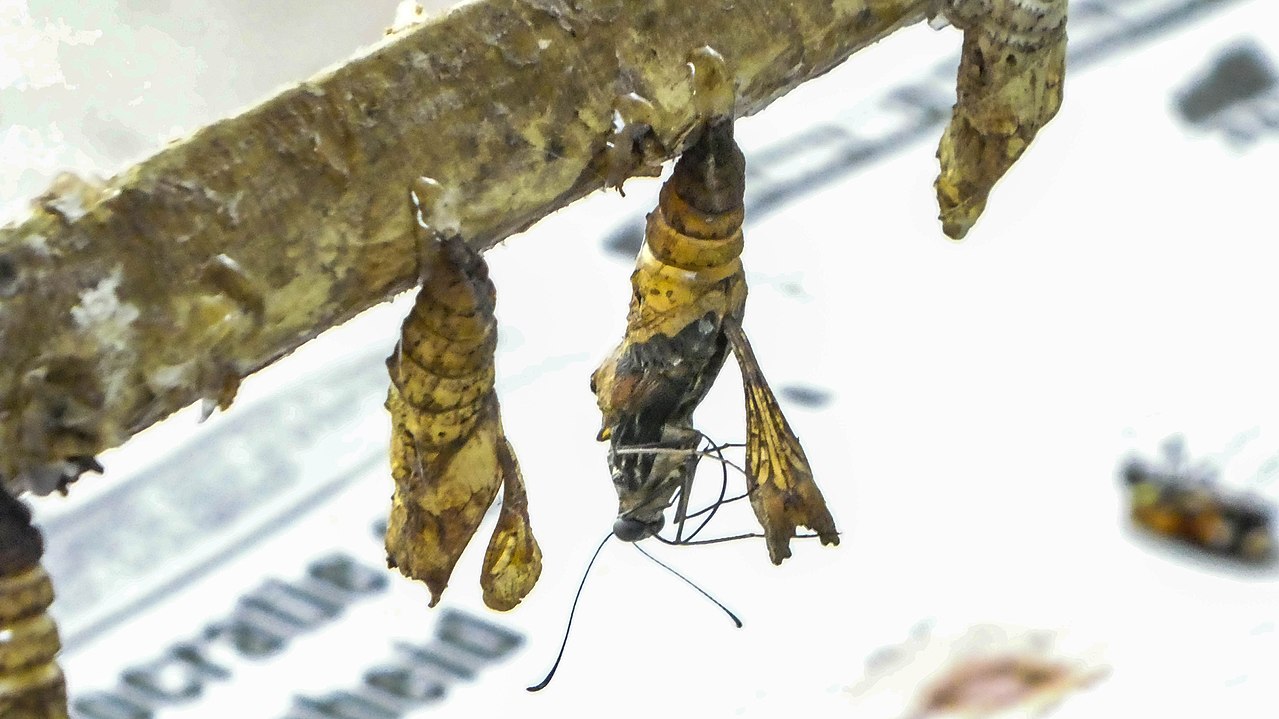
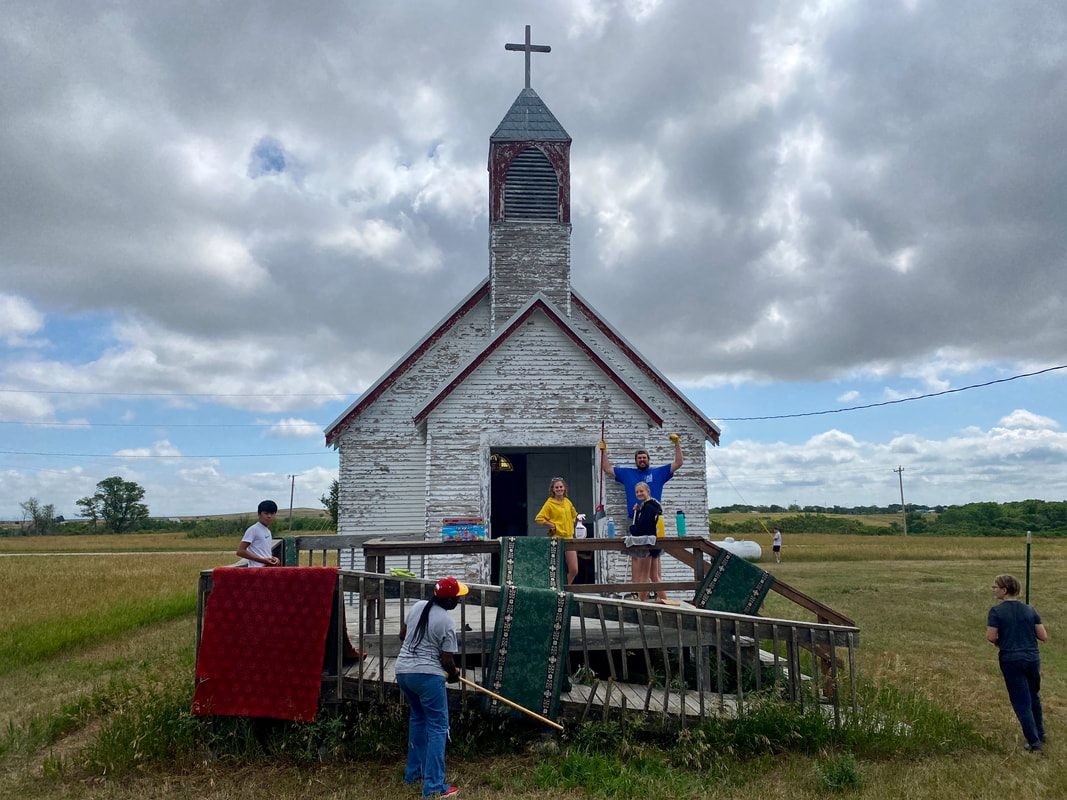
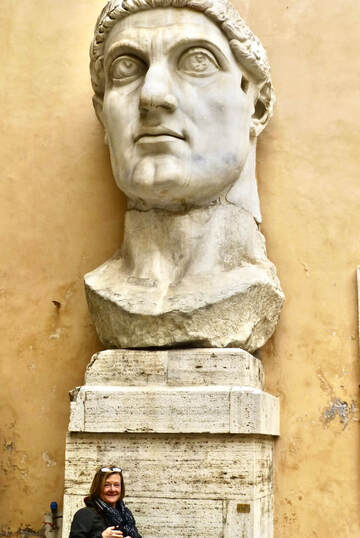
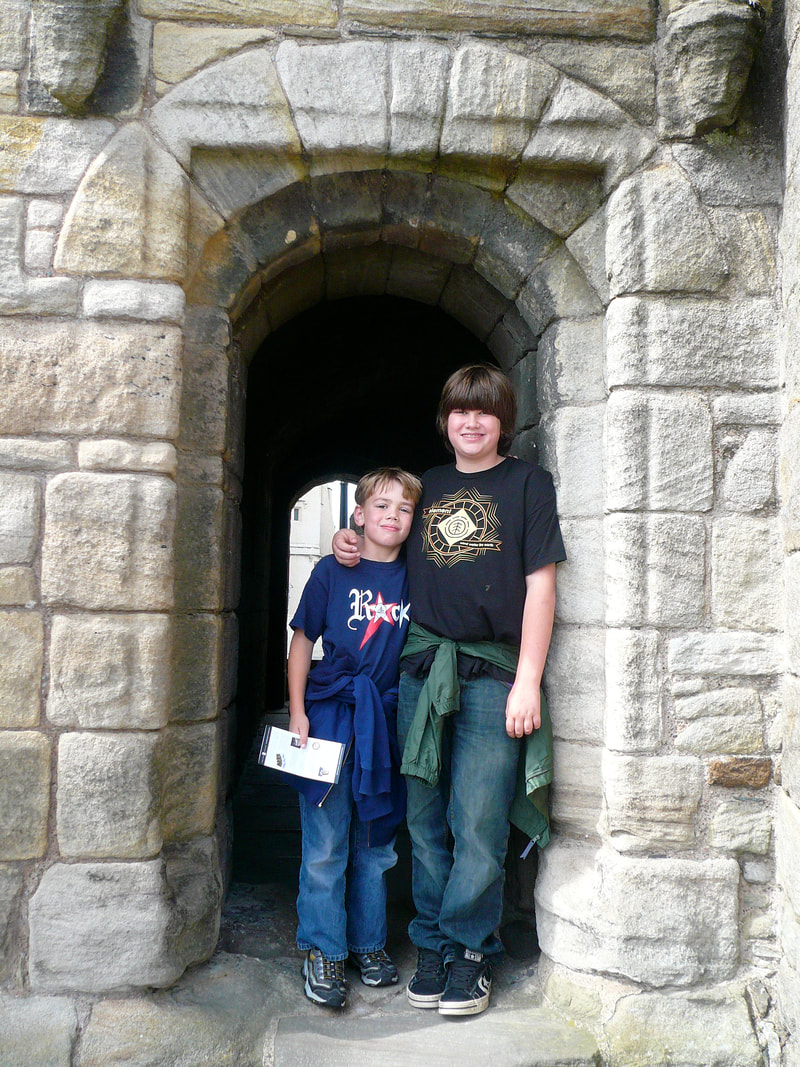

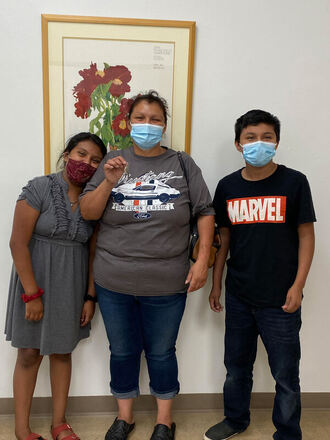
 RSS Feed
RSS Feed